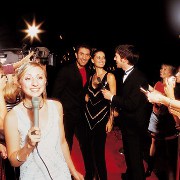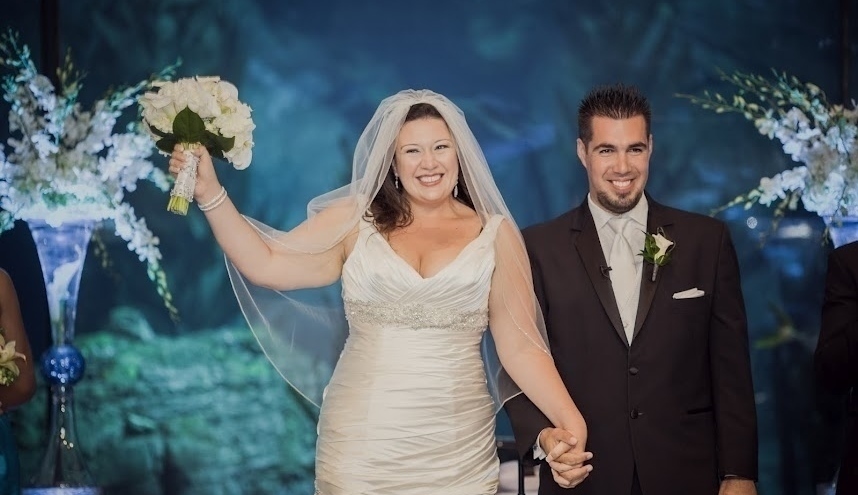 Photo: Getty Images
Photo: Getty Images
We’ve all played make-believe in our lives at some point or another. We’ve been princesses in far off castles, we’ve fought pirates who threatened to commandeer our ships and we’ve rode magic carpets all throughout the Arabian desert.
But the fantasies subside at some point, and we return to reality – no scars from the sword fights, no ball gown or glass slippers. When we return to reality, our lives carry on exactly as we left them.
But this wasn’t the case for one woman who underwent dental surgery a year and a half ago. The only reality she wanted to escape was that of the pain she would have felt had she not been put under anesthesia while dentists removed several of her teeth.
When Karen Butler awoke, her gums may have been devoid of a few teeth but boy did she walk away with a mouthful.
Butler, born and bred on American soil, having never so much as traveled to Europe, awoke from dental surgery with a foreign accent. She had developed a rare neurological disorder called foreign accent syndrome, usually caused by an injury to the part of the brain that controls speech. The doctors told her once the swelling subsided, so would her accent.
Well, I guess one out of two ain't bad.
NPR’s health blog reported that for the past year and a half, Butler’s “accent is now a hodgepodge of English, Irish and perhaps a bit of other European accents.”
“To the untrained ear, those with the syndrome sound as though they speak their native languages with a foreign accent; for example, an American native speaker of English might sound as though he spoke with a south-eastern English accent, or a native British speaker might speak with a New York American accent,” according to Wikipedia’s article on foreign accent syndrome.
Neurologist Ted Lowenkopf, director of the Providence Stroke Center in Portland, who diagnosed Butler with the condition said, "It's usually the result of a brain injury … which can come from stroke, head trauma or other diseases that can damage brain tissue, like multiple sclerosis."
NPR reported that there have only been 100 known cases of the syndrome since it was first reported in the early 20th century, while Wikipedia reported only 60 known cases worldwide.
Most often the condition is the result of a stroke, so doctors are puzzled as to what happened in Butler’s case. They hypothesize she may have suffered a small stroke while she was under anesthesia, but because her insurance company won’t pay for a brain scan, she and doctors may never know.
Lowenkopf said that comparing an old scan that Butler received years ago to a new one could help everyone understand what exactly happened.
But as for Butler in her present reality, she rather likes her new accent and said it makes for a great conversation starter. It is possible she could get her American accent back through extensive speech therapy, but perhaps she’s not yet ready to give up on her combination of reality and make believe.
A Curious Case of Foreign Accent Syndrome
http://www.npr.org/blogs/health/2011/06/01/136824428/a-curious-case-of-foreign-accent-syndrome?sc=17&f=1001A
Wikipedia: Foreign Accent Syndrome
http://en.wikipedia.org/wiki/Foreign_accent_syndrome
Foreign Accent Syndrome
http://www.doctorsofusc.com/condition/document/445940
Reviewed June 6, 2011
Edited by Alison Stanton
Bailey Mosier is a freelance journalist living in Winter Park, Florida. She received a Masters of Journalism from Arizona State University, played D-I golf, has been editor of a Scottsdale-based golf magazine and currently contributes to GolfChannel.com. She aims to live an active, healthy lifestyle full of sunshine and smiles.






Add a Comment1 Comments
The patient suffering from Foreign Accent Syndrome can recover from the initial trauma, but he/she may speak in a foreign accent for a number of weeks or months after recovery has taken place. http://www.whatisall.com/unusual/what-is-foreign-accent-syndrome.html
December 8, 2011 - 5:27amThis Comment